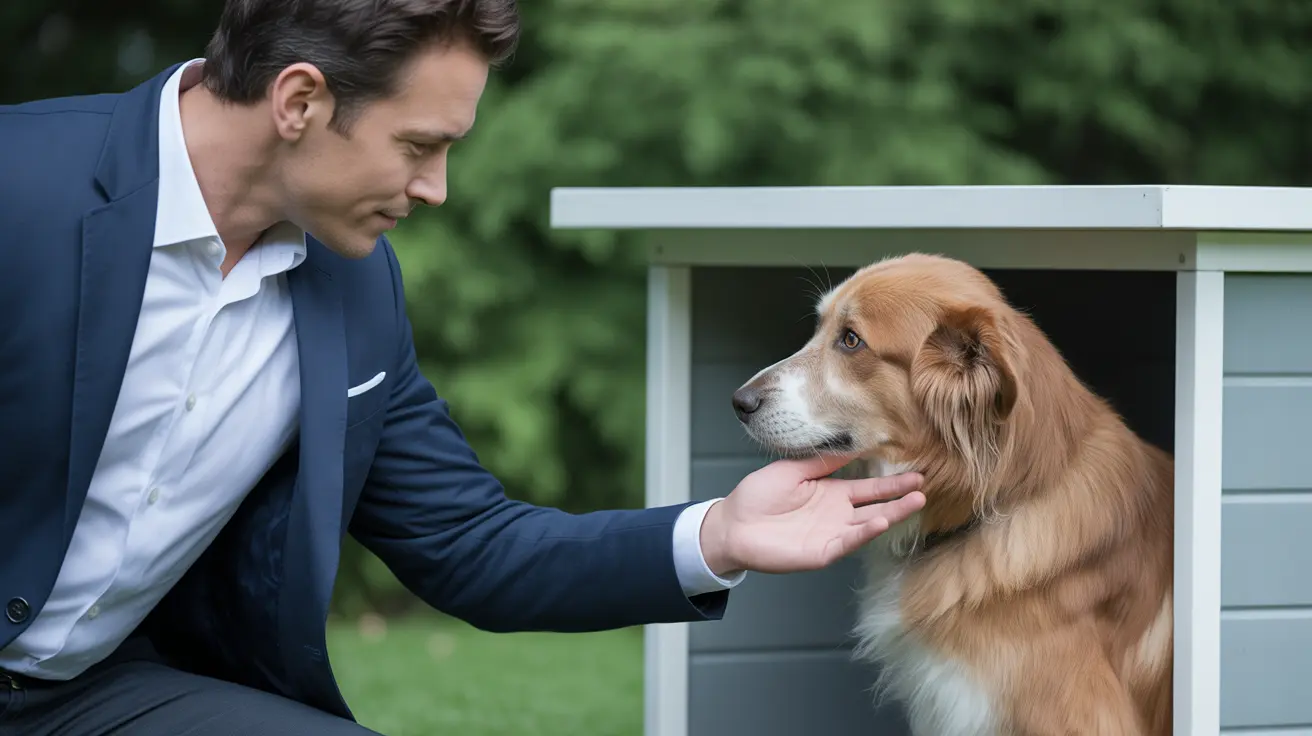The Animal Shelter Society in Zanesville, Ohio, is celebrating remarkable adoption results following the introduction of their new "Meet and Greet Playhouse." This innovative facility, donated by the Moyer Group Wealth Management of Raymond James, has already facilitated the adoption of five pets since its unveiling. The playhouse was created during Habitat for Humanity of Southeast Ohio's annual playhouse event last month, representing a unique partnership between community organizations to support animal shelter adoption efforts.
This heartwarming development highlights how creative approaches to pet adoption can significantly improve outcomes for shelter animals. The no-kill shelter Ohio facility has demonstrated that providing interactive spaces where potential adopters can bond with pets creates more successful matches and reduces the stress often associated with traditional shelter environments.
How Meet and Greet Spaces Transform the Pet Adoption Process
The Meet and Greet Playhouse represents a growing trend in modern animal shelter design. Unlike traditional kennel visits, this dedicated space allows potential pet parents and animals to interact in a comfortable, home-like environment. This approach helps both parties determine compatibility before making the commitment to adoption.
Research consistently shows that animals in less stressful environments display their true personalities more readily. When pets feel relaxed, potential adopters can better assess whether a particular animal would be a good fit for their family and lifestyle. The playhouse setting eliminates the echoing sounds and clinical atmosphere of traditional shelter spaces.
Community Animal Shelter Events and Partnerships
The success of this initiative demonstrates the power of community partnerships in supporting local animal welfare. The collaboration between the Moyer Group Wealth Management, Habitat for Humanity of Southeast Ohio, and the Animal Shelter Society showcases how businesses and nonprofit organizations can work together to create lasting positive impact.
Community animal shelter events like the annual playhouse event not only raise awareness but also provide tangible resources that directly benefit animals in need. These partnerships often result in innovative solutions that individual organizations might not develop on their own.
Shelter Pet Adoption Success Through Interactive Experiences
The immediate success of five adoptions from the new playhouse facility speaks to the effectiveness of this approach. When potential adopters can spend quality time with pets in a relaxed setting, they're more likely to form emotional connections that lead to successful adoptions.
Interactive adoption spaces also allow shelter staff to observe how pets and potential families interact, providing valuable insights that help ensure good matches. This careful approach reduces the likelihood of returns and increases long-term adoption success rates.
Pet Adoption Trends 2025: Moving Beyond Traditional Methods
The Animal Shelter Society's innovative approach reflects broader pet adoption trends emerging across the country. Modern shelters are increasingly recognizing that the adoption process benefits from environments that simulate real-world living situations.
Progressive shelters are investing in comfortable meeting rooms, outdoor play areas, and even apartment-style spaces where families can spend extended time with potential pets. These environments help reduce adoption anxiety for both animals and humans while promoting better decision-making.
Benefits of No-Kill Shelter Adoption Programs
As a no-kill shelter, the Animal Shelter Society provides additional benefits to both pets and adopters. These facilities typically invest more resources in behavioral training, medical care, and socialization programs, resulting in healthier, better-adjusted pets ready for their forever homes.
No-kill shelters also maintain detailed records of each animal's personality, preferences, and needs, enabling better matches between pets and families. The Meet and Greet Playhouse enhances these existing advantages by providing an optimal environment for these connections to develop naturally.
Frequently Asked Questions
How does a "Meet and Greet Playhouse" help shelter pets get adopted?
A Meet and Greet Playhouse provides a comfortable, home-like environment where potential adopters can interact with pets away from the stress of traditional kennel settings. This relaxed atmosphere allows animals to display their true personalities and helps families make more informed adoption decisions. The success at the Animal Shelter Society, with five adoptions already completed, demonstrates how effective this approach can be.
What are the benefits of adopting a pet from a no-kill shelter like the Animal Shelter Society?
No-kill shelters typically provide comprehensive medical care, behavioral training, and detailed personality assessments for their animals. These facilities invest significant resources in preparing pets for successful adoptions, often resulting in healthier, better-socialized animals. Additionally, no-kill shelters maintain extensive records about each pet's needs and preferences, helping ensure better matches with adoptive families.
How can community partnerships improve animal shelter adoption rates?
Community partnerships, like the collaboration between the Moyer Group Wealth Management and Habitat for Humanity that created the Meet and Greet Playhouse, bring together diverse resources and expertise. These partnerships can provide funding, materials, volunteer labor, and innovative ideas that individual shelters might not access otherwise. Such collaborations often result in creative solutions that significantly improve adoption outcomes and community engagement with animal welfare causes.
The success of the Animal Shelter Society's Meet and Greet Playhouse demonstrates how innovative thinking and community collaboration can create meaningful improvements in pet adoption outcomes. As more shelters adopt similar approaches, we can expect to see continued positive impacts on animal welfare and family satisfaction with the adoption process.






